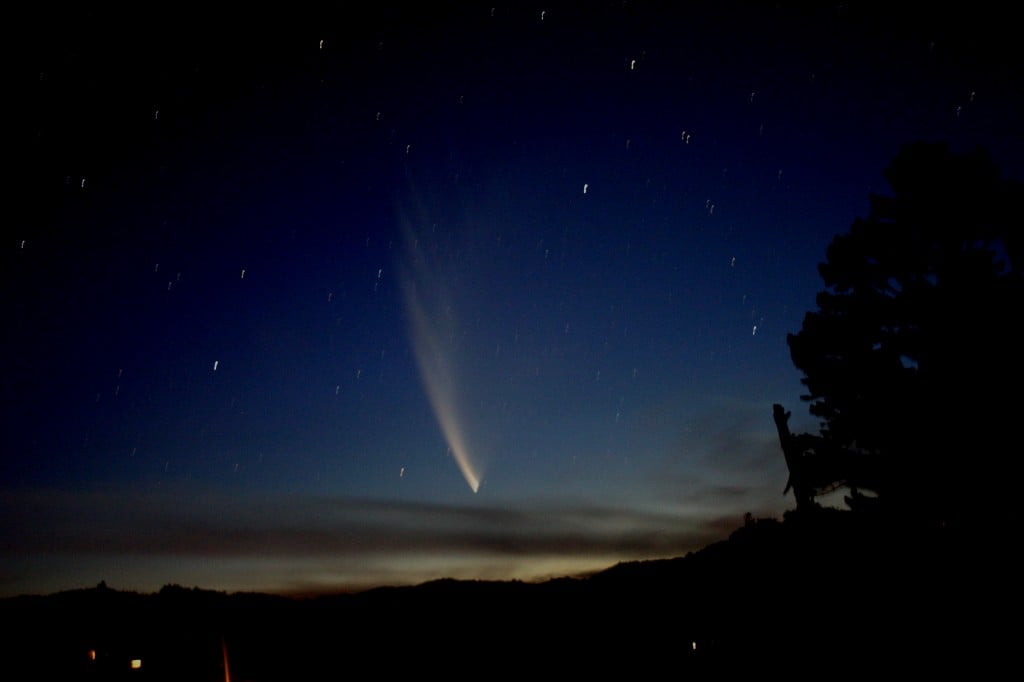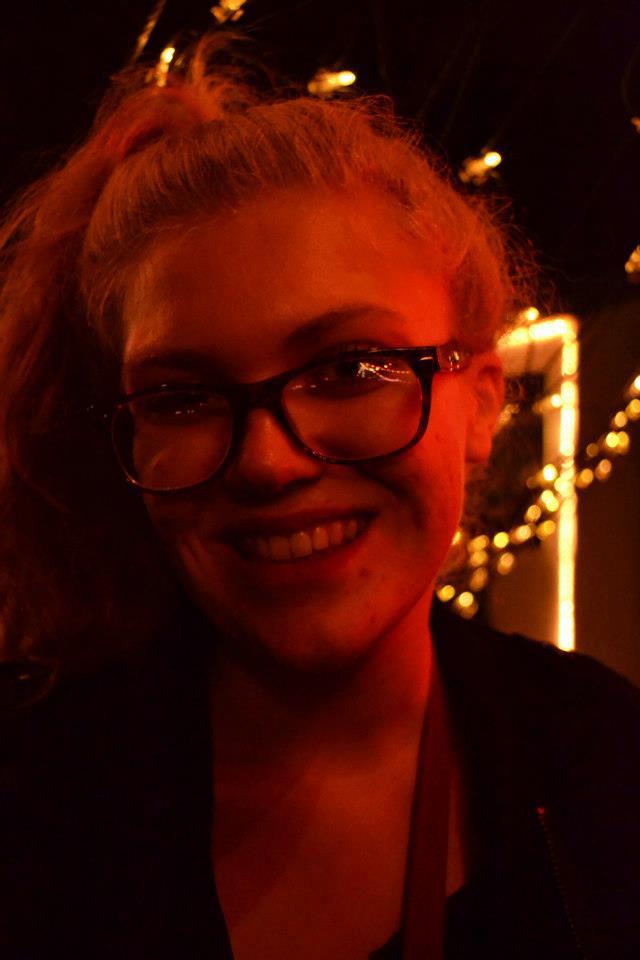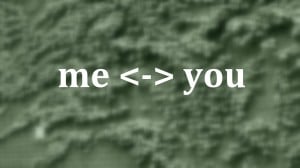The following post is from Michael “Fish” Van Huis, interning with us this summer at The Marin Foundation. Michael is majoring in Christian Ministry at Abilene Christian University where he also founded Voice, an unofficial LGBT and allies group at ACU. You can check out his blog at http://livinginboystown.tumblr.com/.

How would you respond to the following question: “If you could go back and experience middle and/or high school all over again, would you?” If my memory is correct, there was a movie that was released a few years ago with a similar premise, coupled with a sappy love story. I would assume most of us did not have as promising a love story as Zac Efron did and would undoubtedly respond to the query above with an “Absolutely not.” Who in their right mind would?
For many of us, high school and middle school were miserable experiences. I personally remember going through teenage adolescence and all the awkward transitions along with it, like embarrassing vocal cracks, unwanted and unfortunate spontaneous pimple attacks, and most of all, having a crush on a different girl almost every week.
But I think what really sets me against the idea of reliving those years are not those awkward transitions—at the end of the day, you reconcile those experiences as a part of human life. The biggest reason why I would choose not to relive those days is because of how culturally confusing it was being an Asian individual in a predominately Caucasian context. I really struggled with racial identity.
Six months after my birth, I was adopted, so, of course, I did not inherit a rich South Korean culture. In fact, what I inherited was quite the contrary. I inherited American culture and was raised as a middle class individual. When I was growing up, I didn’t even notice a difference in my skin until I went through that adolescent transition. I endured endless jokes about the size of my eyes, my apparently “authentic” Asian-sounding voice, how I can’t drive, or how I am somehow related to the recently deceased North Korean dictator. You know, the typical jokes under the Asian stereotype.
Although I do not believe my peers were trying to be intentionally racist, these jokes perpetuated this idea that I am an outsider. I am a minority. I did my best to combat these stereotypes and counter these labels by aspiring to look as “white” as I could, with things like wearing glasses and purchasing preppy clothes—you know, trying to fit in. But at the end of the day, those labels were still there. I still had tan skin. I must admit that I didn’t really help myself by going along with those jokes.
Because of those labels, I have tried to find my identity in something that is unattainable. I have endlessly pursued an identity that would be able to fit into the majority. I have endlessly pursued a label that would tell people that I am not part of the Asian category they think I belong to. I am not one of “them.”
My life has been heavily influenced and directed by the notion of tribalism, the infamous “us versus them” mentality. Not only have I spent most of my life trying to fit in with the majority, trying to fit into the “us” instead of “them,” but the notion of tribalism has also governed how I see the world. I inherited a worldview of categories and labels. The same categorizing that was pressed upon my identity is the exact method I use on the people around me. Although labels were responsible for stealing away my humanity, I was blind to the fact that I, too, was contributing to the dehumanization process of labeling other human beings.
I came to finally understand this when my best friend came out to me.
I’ll never forget the day Brent came out to me. As he unveiled his story to me, I felt for the first time in my life the sting of my own homophobia. I felt the violence of my pejorative language. I came to understand that when I said tactless things like, “That’s so gay,” and, “You are a fag” I wasn’t just talking about a group of people I did not know. I was talking about Brent. I was talking about my best friend. It was in this conversation where I discovered the inhumanity of placing human beings into categories that were governed by labels. My relationship with Brent helped deconstruct the LGBT category that I had in my mind, and it also helped me understand Paul a little bit better in 2 Corinthians 5:14-17.
In these verses lies a profound and powerful theological claim. Paul says that the radical, indiscriminate, relentless love of God is found in the death of Christ Jesus. He did not die for a select few individuals. He died for all. (5:14-15) Because he died for all, we are called to no longer regard anyone from a worldly point of view. (16) We are called to no longer view humanity in categories; in fact, we are to reject the notion of tribalism, to reject the labels of our world. Those things are obsolete in the eyes of Christ Jesus. For those who confess the Lordship of Jesus Christ, there is but one category, one label, one lens that we should see through. We should see humans as the New Creation, for the old has gone and the new has come! (17) When I begin to view the world in this way, as the New Creation, I not only rediscover humanity that was lost in labels, but I discover the diversity of the Creator. I see another glimpse of his image. (Gen 1:26-27)
This is why I am passionate about building bridges, this is why I am so passionate about seeking out uncomfortable tension, and this is why I consistently preach bridge building reconciliation: because the relationships developed within bridge building ultimately help us understand what it means to see “the new creation.” We see a different side of the Divine in these relationships. Although we may not agree entirely with someone else’s paradigm, it nevertheless helps us see a side of God that was inconceivable to us before. When we start viewing our neighbors, the people around us, as a “new creation,” we see a side of God that could quite possibly change our lives forever.
Much love.
www.themarinfoundation.org











